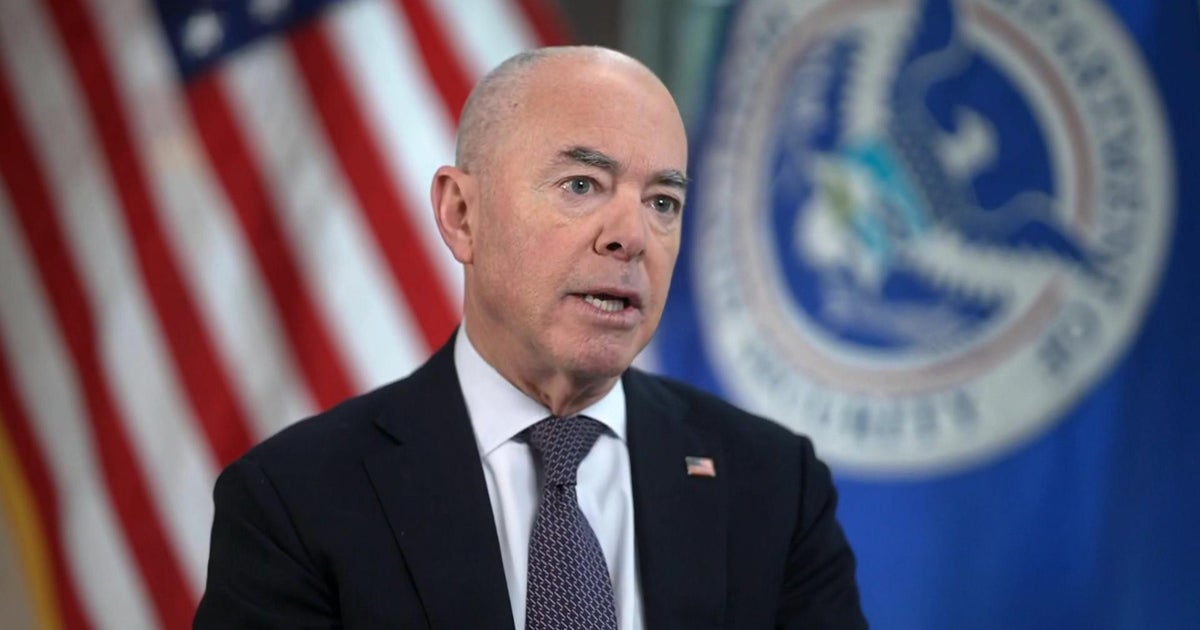Stocks rise as presidential election remains too close to call
Stocks rose on Wednesday, but only after spinning through an election night that offered few surprises and a far closer race than many polls predicted.
Treasury yields and U.S. stock futures swung up, down and back again overnight as early results showed a race that's still too close to call between President Donald Trump and former Vice President Joe Biden. It's unclear when a winner can emerge.
Stocks surged in earlier trading before giving up some of those gains. The S&P 500-stock index added 74 points, or 2.2%, to close at 3,443. The Dow Jones industrial average jumped more than 700 points before ending at 27,848, up 367 points, or 1.3%. The tech-heavy Nasdaq composite added 3.9%.
Investors see cause for optimism if either candidate wins, but much is at stake pending the results, including prospects for a big stimulus effort for the economy from Washington, potential tax rate increases and the level of regulation on businesses.
The increase in stock prices "probably reflects the reduced risk of higher corporate taxes (which a Republican Senate would block), offsetting the smaller chance of further fiscal stimulus — tech firms are arguably more exposed to the former and less reliant on the latter than other parts of the stock market," Jonas Goltermann of Capital Economics said in a research note.
Some of the market's sharpest moves were in yields for U.S. government bonds, which had earlier risen on expectations that a Democratic electoral sweep could open the door for big economic stimulus in coming months.
The 10-year Treasury bond yield, which hasn't been above 1% since mid-March, swung to 0.94% as polls were closing on Tuesday. It then sank to 0.77% overnight as odds for a Democratic takeover of the Senate diminished and after Mr. Trump made premature claims of victories in several key states where ballot-counting still remains.
Also helping the market: Recent earnings reports from big companies, which have largely shown profit drops during the summer that were not as bad as Wall Street feared, according to Christopher Smart, chief global strategist and head of Barings Investment Institute. Or perhaps markets are "making a bet that a Republican Senate will water down any Biden tax proposals should he prevail," he added. "But all that could change several times before the closing bell."
One corner of the market that stayed strong was big U.S. technology stocks. Investors have increasingly seen these stocks as some of the safer bets in turbulent times, able to grow their profits even in a pandemic as more of daily life shifts online. They also don't need a big stimulus effort for the economy as much as other companies might.
More volatility expected
All the swings are a bit reminiscent of four years earlier, when Mr. Trump surprised the market by winning the White House. Markets initially tumbled after both polls and investor expectations proved to be so wrong in 2016, but they quickly turned around on expectations that Mr. Trump's pro-business stance would be good for corporate profits.
The difference this time is that the uncertainty seems set to linger. It may take days for a winner of the White House to emerge, and professional investors say they're bracing for sharp market swings in the meantime.
Mr. Trump said early Wednesday that he'd take the election to the Supreme Court, though it's unclear exactly what he means by that as states continue to tally all their votes.
"Both candidates at this stage often claim victory, but it's rare that we see an invocation of the court system at this point, and we expect quite a lot of market volatility," Rick Lacaille, global chief investment officer at State Street Global Advisors, said in a statement.
A contested election was a worst-case scenario for markets because it would only prolong the uncertainty that's been keeping investors on edge.
"Basically, we are seeing a nightmare situation come true because now we are talking about legal battles," said Naeem Aslam, analyst at Avatrade.com.
The large number of Americans who voted early means the result of this presidential election might not be known for days.
"The market hates uncertainty and if we have continued uncertainty, then we're going to see prices fall, we're going to see volatility remaining high," said Kiran Ganesh, analyst at UBS bank.
A Biden win is widely seen as increasing the odds of more stimulus for the economy — something that investors have been clamoring for. But a lack of a Blue Wave that would have put Democrats in charge of Congress means that a President Biden would have a harder time passing a large package.
The bigger picture...vis that the election outcome more closely resembles the status quo than "most had probably anticipated — a president with a limited mandate and gridlock in Congress," Goltermann said.
If Mr. Trump were to pull out a victory, that would likely mean an extension of the corporate tax cuts the president pushed through in late 2017, analysts said.



